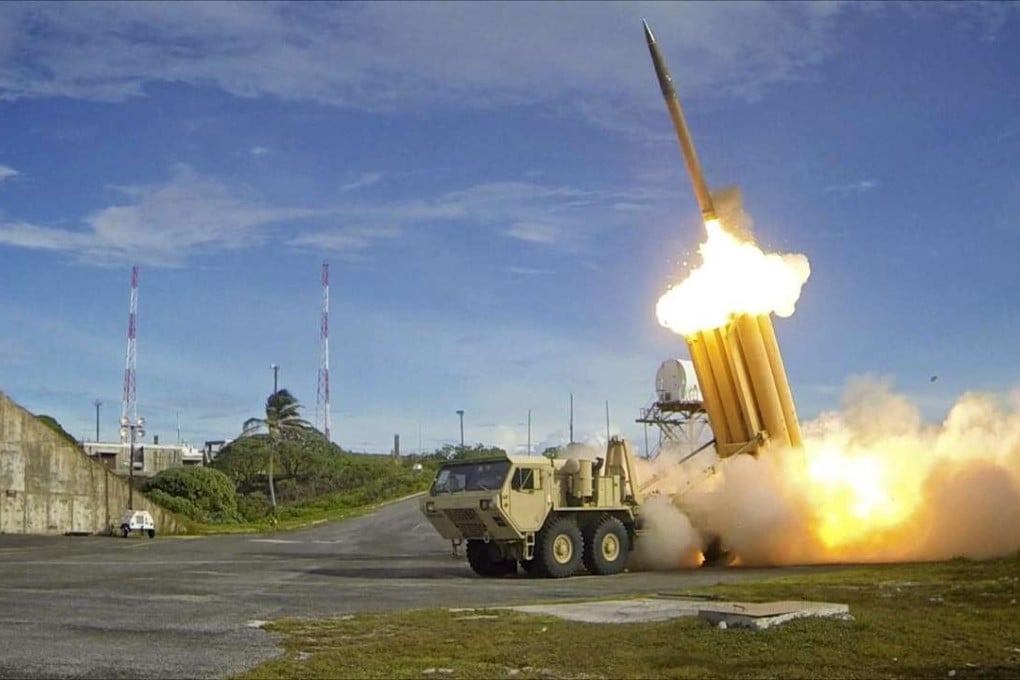Why China stoking up anger over South Korea missile system is doomed to fail
Encouraging boycotts of South Korean goods won’t stop Seoul deploying the defence shield, but will sour an economically valuable relationship, observers say

Beijing has imposed unofficial sanctions against South Korea over its deployment of a missile defence system, but the effectiveness of the measures is questionable given China’s heavy reliance on Korean components to support its manufacturing industry, according to analysts.
China has not announced any formal punitive measures after Seoul decided to deploy the US-developed missile defence system. But it has allowed state-controlled media to stoke anger and resentment against South Korea and stepped up scrutiny of Korean consumer products.
This led to some Chinese consumers boycotting South Korean products and businesses. Group tours to South Korea have been called off and flights to its airports reduced.
Despite these headline-grabbing moves, experts believe China’s ability to punish South Korea is limited.
Less than 5 per cent of South Korea’s exports to China are consumer goods – the easy target for Chinese boycotts. Most are raw materials and manufacturing components and equipment.